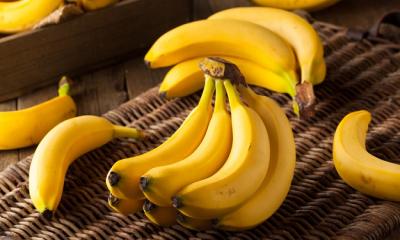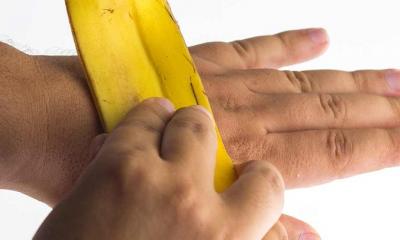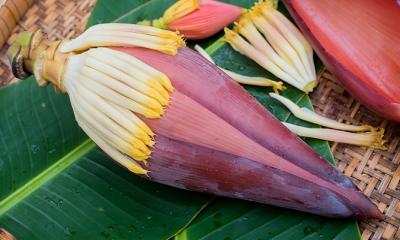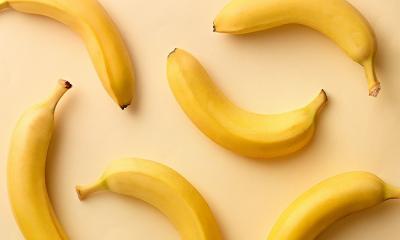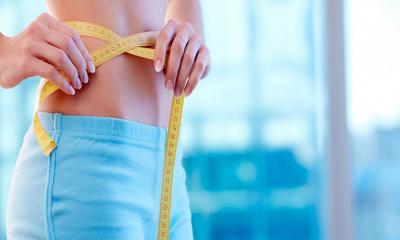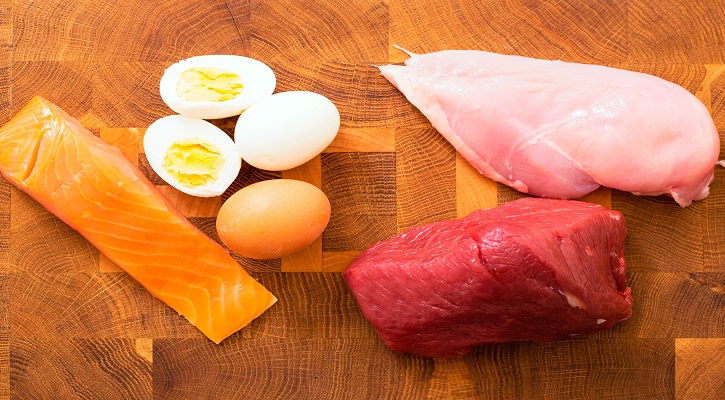
Which nutrients may be missing from a vegan diet?
- Womenscorner Desk
- August 21, 2020
Vegan diets are often criticised as being lacking in key nutrients. These may include vitamin B12 and omega-3 fatty acids because vegan foods are naturally low in these nutrients. However, it is feasible to obtain all the nutrients you need from a varied vegan diet. If you are concerned about deficiency or experiencing symptoms, speak to your GP. Key nutrients to focus on include:
Protein : This macronutrient is one that people starting a plant-based diet are often concerned about, however, peas, lentils and beans are good sources of plant-based protein. Anyone starting a vegan diet can take comfort from the fact that there is no evidence to suggest vegans eating a varied, plant-based diet are likely to be deficient
in protein.
Read More : Basic Tips To Maintain Healthy Hair
Vitamin B12 : Plant foods do not supply vitamin B12, so vegans are at risk of deficiency unless they include fortified foods or take a supplement. Recommendations for vegans include eating fortified foods such as fortified plant milks, yogurts and spreads as well as fortified breakfast cereals at least two or three times a day to achieve
at least 3mcg of vitamin B12 per day.
Very low intakes may lead to anaemia and impair the nervous system. Most vegans obtain adequate amounts of vitamin B12, although there are a few groups who may be at greater risk these include the elderly whose absorption may be compromised, long-term vegans who avoid fortified foods, such as raw or macrobiotic vegans, and breastfed infants of vegan mothers whose own intake of B12 is low.
Read More : Some Healthy Hair Habits You Should Adopt
Vitamin D : Vitamin D plays an important role in the health of our bones, teeth and muscles. As well as being found in a limited number of foods, vitamin D can be made by the action of sunlight on the skin. A daily intake of 10mcg is recommended, although this is difficult to achieve through diet alone, and may be a particular issue in the winter months when we are exposed to less sunlight. When considering a supplement, its worth remembering that some products are not vegan-friendly – look for vitamin D derived from lichen or vitamin D2.
Calcium : We typically associate calcium with bone health but it’s also necessary for nerve and muscle function and blood clotting. A vegan diet can adequately provide your calcium requirements. Vegan food sources include calcium-set tofu, fortified plant milks and yogurt alternatives as well as leafy greens, including kale and pak choi
and nuts and seeds such as chia seeds and almonds.
Read More : Some Skin Care Tips for the Best Skin
Iron : Iron deficiency is common for meat-eaters and vegans alike, especially among women of reproductive age. However, there are plenty of vegan food sources – these
include lentils, chickpeas, beans, nuts, seeds and dried apricots and fortified breakfast cereals.
Iodine : We need iodine for thyroid hormones – these hormones control our metabolism and, as such, determine how fast our cells work. Plant foods, with the exception of sea
vegetables, tend to vary in content and on the whole contain very low levels of iodine. Sea vegetables may not be appropriate because they may be contaminated or contain elevated levels. This means a non-seaweed supplement may be the most reliable source.
Read More : What is ceramides and how do they work?
Omega-3 fatty acids : These important fatty acids are referred to as essential because we have to obtain them from our diet. They’re crucial for the brain, hormonal balance, nerves, eyes and the immune system. There are three main types of omega-3 fats, which are known as ALA, EPA and DHA. The most active forms EPA and DHA are typically found in fatty varieties of fish. It is possible to obtain omega 3 fats in the form of ALA from plant foods, however, this form of omega-3 needs to be converted by the body to EPA and DHA. The conversion rate is influenced by a number of factors including gender, with women enjoying a better conversion efficiency. It is possible to supplement a vegan diet with EPA and DHA from microalgae and this may be useful for infants, expectant mums and those who are breastfeeding.
Source : Google

